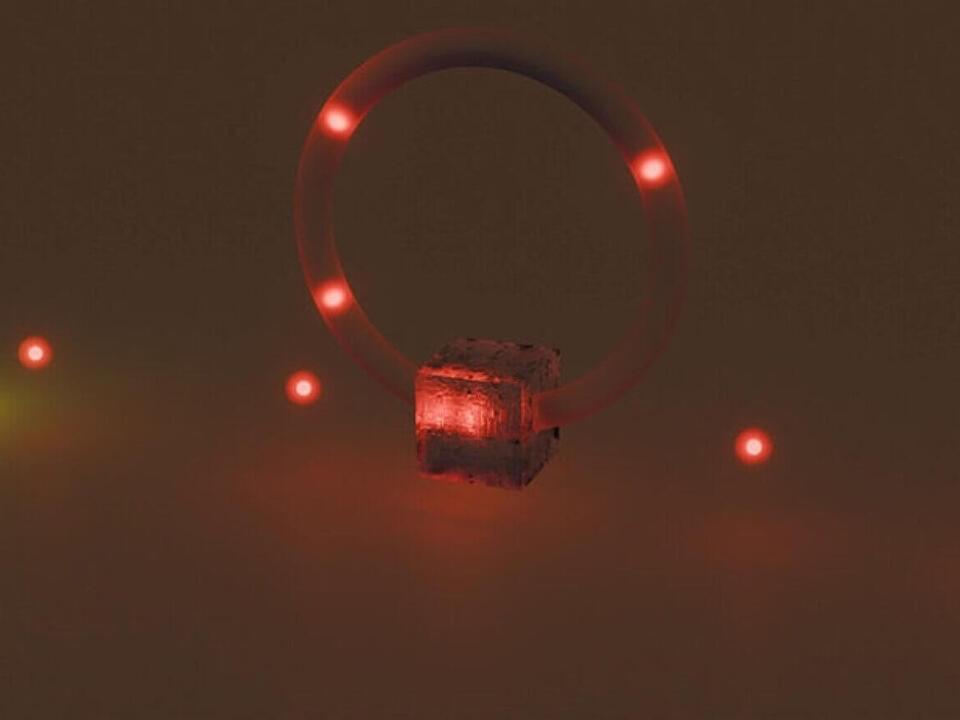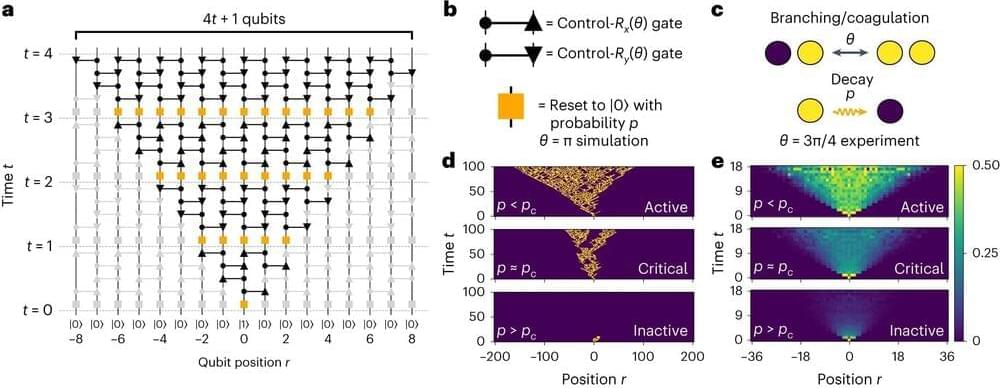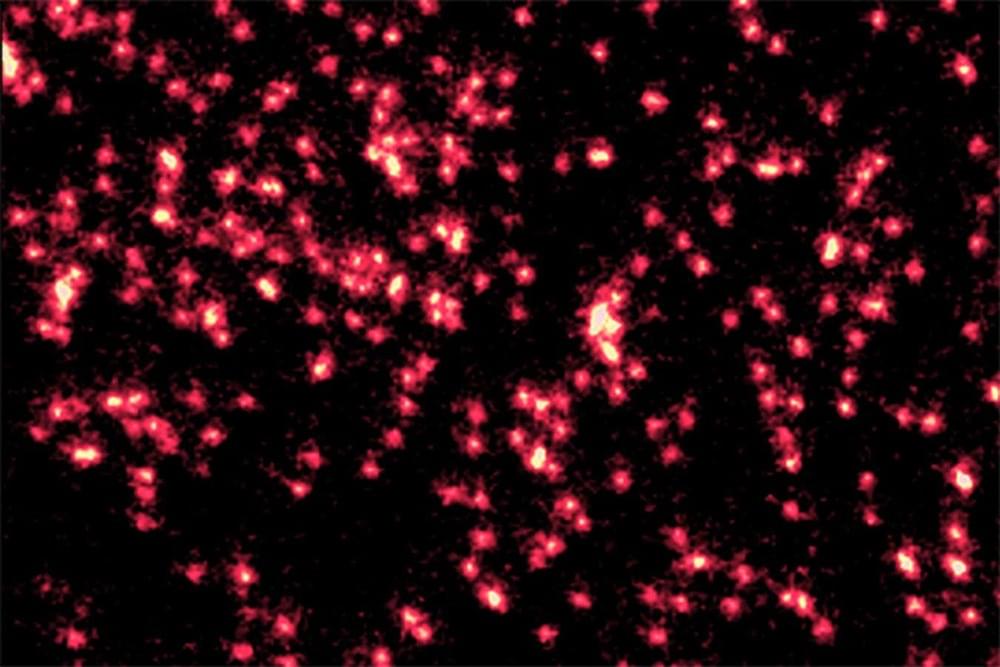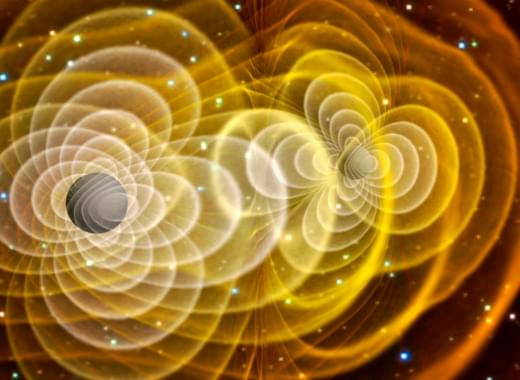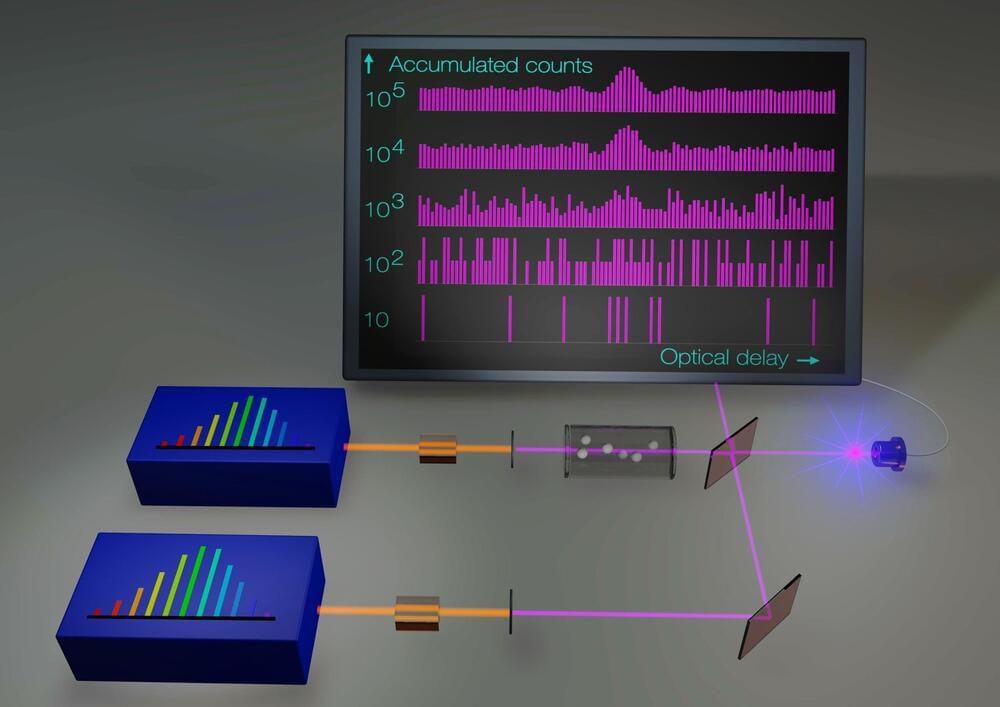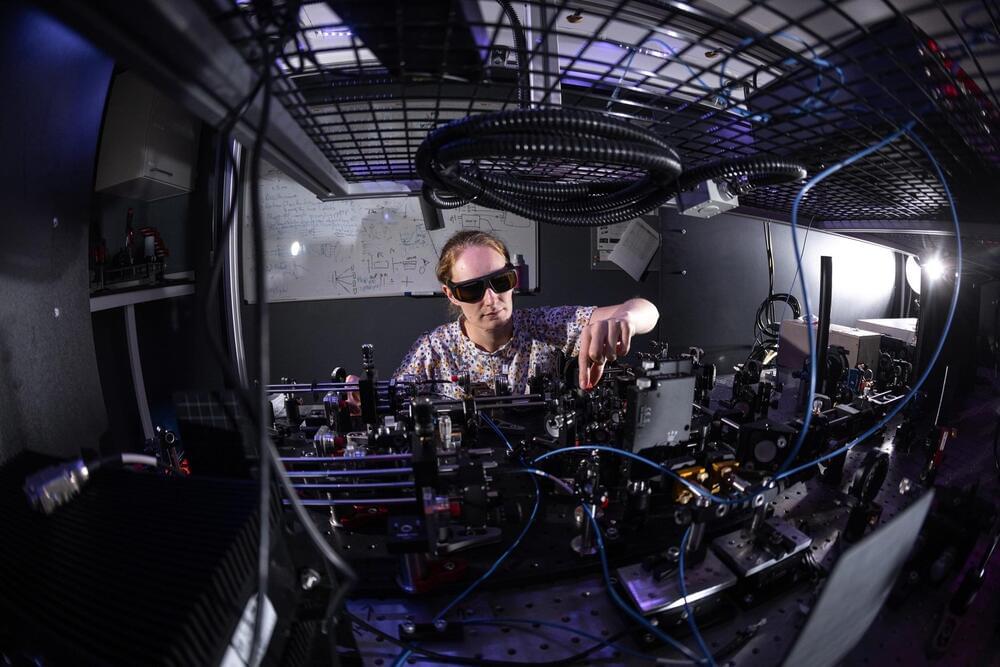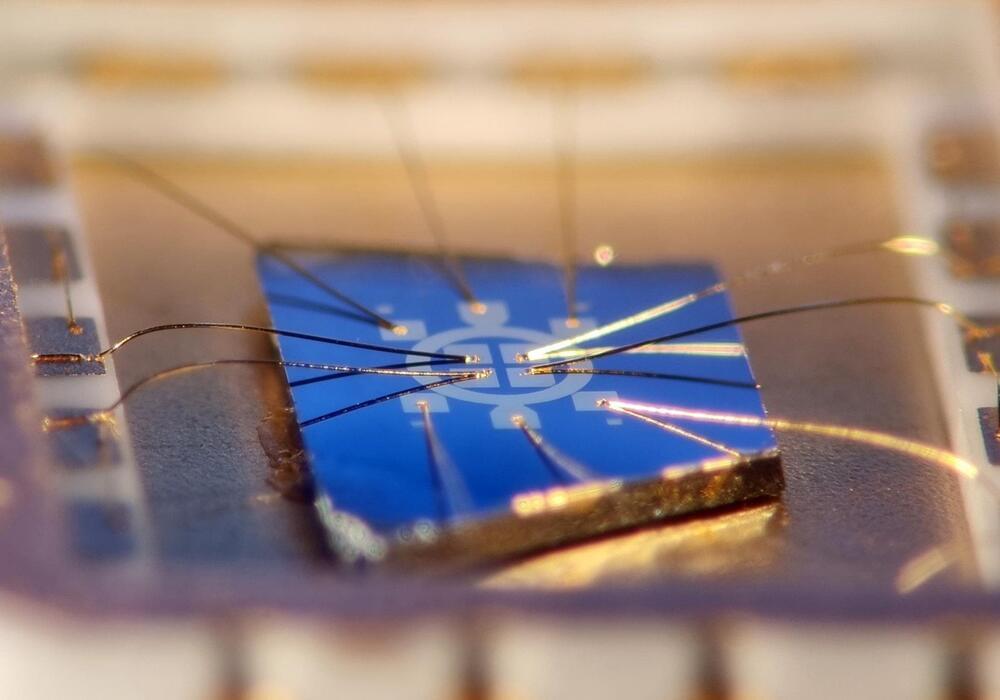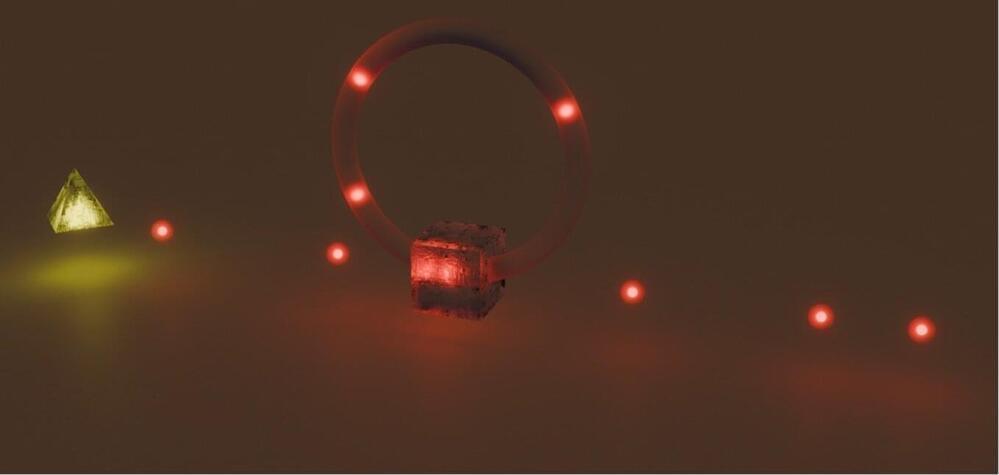
Quantum dots are already moving in the premium display category, particularly through QD-OLED TVs and monitors. The next step could be QDEL, short for “quantum dot electroluminescent,” also known as NanoLED, screens. Not to be confused with the QLED (quantum light emitting diode) tech already available in TVs, QDEL displays don’t have a backlight. Instead, the quantum dots are the light source. The expected result is displays with wider color spaces than today’s QD-OLEDs (quantum dot OLEDs) that are also brighter, more affordable, and resistant to burn-in.
It seems like QDEL is being eyed as one of the most potentially influential developments for consumer displays over the next two years.
If you’re into high-end display tech, QDEL should be on your radar.
